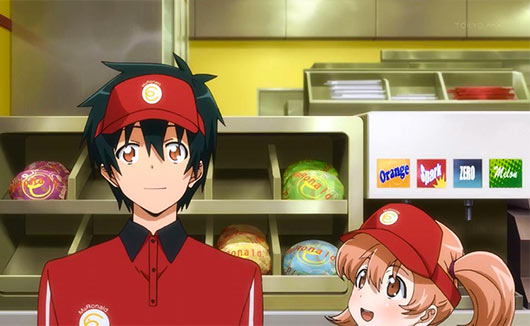I wrote last week about the general work situation in Japan, which has an impressively low unemployment rate of just 3.7%, though there are plenty of other problems. Several readers of our Facebook page wanted more specific information on the employment situation for gaijin, so here are some answers.
What jobs are available to foreigners in Japan?
While there are foreigners doing everything from assembling electronics to working in restaurants in Japan, native English speakers will naturally gravitate to English teaching, translating, editing and related jobs. (Sometimes you can pick up modeling or acting work, though it’s a very specialized world.) Getting other jobs requires unique skills as well as Japanese language ability. I had a friend from Ireland who worked as a full engineer at Subaru, but his Japanese had to be quite good for him to pull this off.
What about professionals like doctors? Do Japanese companies accept interns?
All professional qualifications must be re-obtained in Japan, which is a challenge. Japan tried to import nurses from Indonesia but the process of getting re-certified (all done in Japanese) was too hard for most of them and they went home. Internship opportunities may exist in larger cities though my sense is that not that common a practice here.
How about teaching jobs?
While my knowledge is 15 years out of date, here’s some advice. Teaching ESL is an acceptable way to get over to Japan, as long as you’re realistic about the limitations of the job (it’s not suitable as a long-term “career”). While there are many large and small schools you can potentially work for, the JET program is another good option, though the competition is stiff. If you do consider JET, I recommend you learn 2-3 years of formal Japanese then opt for the Coordinator of International Relations (CIR) jobs — you’ll learn a lot more and will probably make useful connections for the future.. If you don’t have a four-year university degree, you’ll need to focus on that first, as you can’t get a working visa in Japan without one.
Any other advice?
Take your time and go slowly. Japan isn’t for everyone. In the 1990s an American named Michael House wrote himself into anime history by being hired by Gainax during the insane years they were making Evangelion. In an interview (warning, it’s on the long side) he talks about his negative experiences at the company, which was clearly not an organization that was very understanding of the special needs of foreigners living in a strange land. Other foreigners have faced challenges here, like the poor teachers who lost their livelihood when the NOVA chain of English language schools went nova, so be realistic and protect yourself. There are some books which give you background information, which might help. Good luck!

Gaijin even work at fast food in Japan, not that we recommend this.














